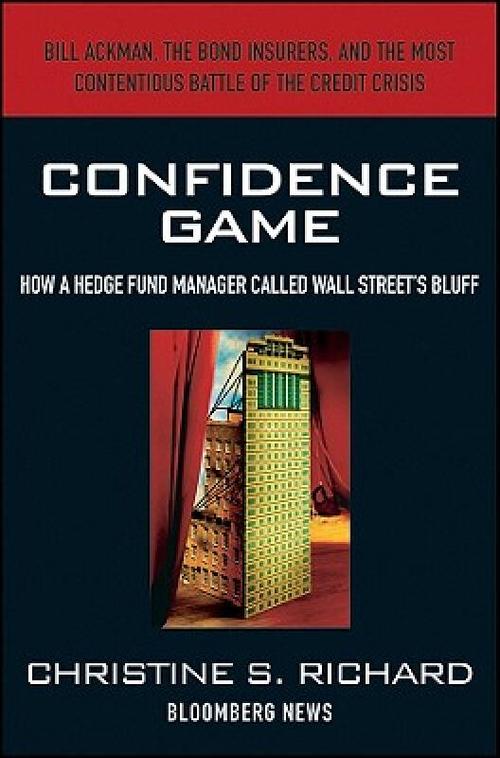
Economics, Money, Confidence: A Game of Many Dimensions
Understanding the intricate relationship between economics, money, and confidence is crucial in today’s complex financial landscape. This article delves into the multifaceted world of economics, money, and confidence, providing you with a comprehensive overview of how these elements intertwine and influence each other.
Understanding Economics
Economics is the study of how societies use scarce resources to produce valuable commodities and distribute them among different people. It’s a field that encompasses various aspects, including production, distribution, and consumption. To grasp the essence of economics, it’s essential to understand its key components:

- Scarcity: Resources are limited, and human wants are unlimited. This fundamental concept forms the basis of economic decision-making.
- Opportunity Cost: The value of the next best alternative that is foregone when making a choice.
- Supply and Demand: The relationship between the quantity of a good or service that producers are willing to supply and the quantity that consumers are willing to buy at a given price.
The Role of Money
Money is a medium of exchange, a unit of account, and a store of value. It plays a vital role in the economy by facilitating transactions and enabling the efficient allocation of resources. Here are some key aspects of money:
- Medium of Exchange: Money allows individuals to trade goods and services without the need for a barter system.
- Unit of Account: Money provides a common measure of value, making it easier to compare the worth of different goods and services.
- Store of Value: Money can be saved and used in the future, preserving wealth over time.
The Importance of Confidence
Confidence is a crucial factor in the economy. It refers to the trust and optimism that individuals, businesses, and investors have in the economy’s future performance. Here’s why confidence is so important:
- Investment: High confidence levels encourage businesses and individuals to invest in new projects and ventures, leading to economic growth.
- Consumption: When people are confident about the economy, they are more likely to spend money, which drives economic activity.
- Exchange Rates: Confidence can influence currency values, affecting international trade and investment.
Economics, Money, and Confidence: The Interplay
The relationship between economics, money, and confidence is complex and interconnected. Here’s how they interact:
- Economic Growth: A growing economy can lead to increased confidence, as people see opportunities for investment and improved living standards.
- Money Supply: The amount of money in circulation can affect confidence. Excessive money supply can lead to inflation and erode confidence, while a tight money supply can stifle economic growth and reduce confidence.
- Government Policies: Government policies, such as fiscal and monetary measures, can influence confidence by creating a stable economic environment.
Real-World Examples
Let’s look at a few real-world examples to illustrate the interplay between economics, money, and confidence:
| Country | Economic Situation | Money Supply | Confidence Level |
|---|---|---|---|
| United States | Strong economic growth, low unemployment | Stable | High |
| Argentina | High inflation, economic instability | Unstable | Low |
| Japan | Slow economic growth, deflation | Stable | Moderate |
As you can see, the economic situation, money supply, and confidence level vary significantly across countries. These factors are interconnected and can have a profound impact on each other.
Conclusion
Economics, money,





